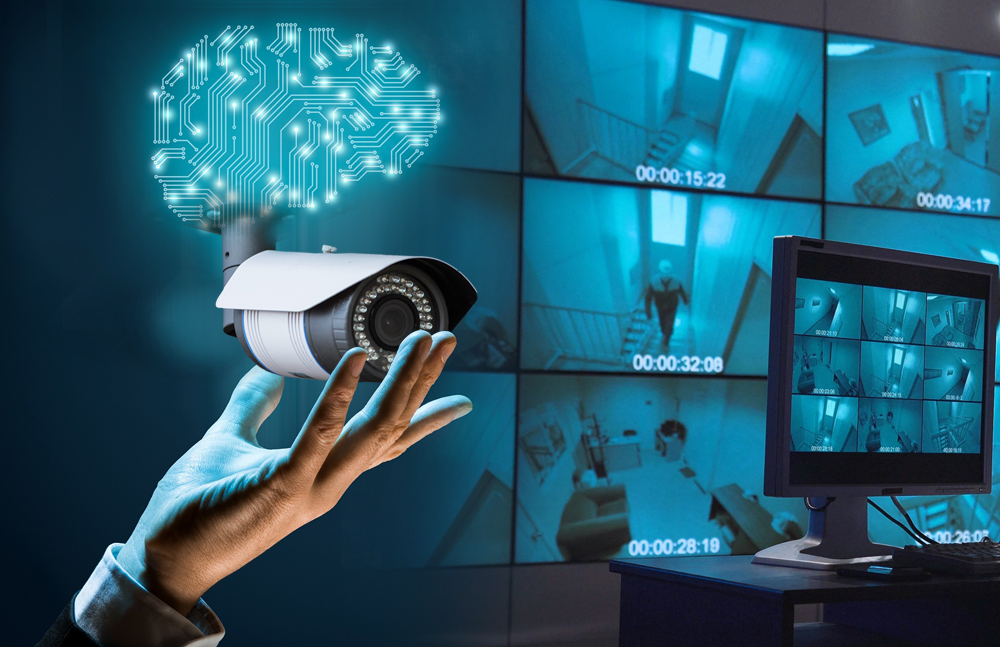One thing I learned from the "In the Age of AI" documentary was how much AI will negatively impact job and financial security. This is because when industries become automated, less workers are needed. As a result, as the use of automation and AI increases, workers will either loose their job or be moved to easier jobs where they will also receive less pay. Job loss also has a large scale impact. One individual in the documentary said he believes 50% of jobs now performed by humans could potentially be replaced with AI in the next fifteen years.
One specific example of how AI negatively impacts job and financial security is in the food service industry. Molly Kinder, who was featured in the documentary, said that being a cashier is the number one occupation in D.C., with millions of people working in this position. She also said that automated, self-ordering systems are already beginning to be used in the food service industry. This automation means that many cashiers will loose their job. Related to this, Kinder said that women are more commonly work jobs as cashiers. As a result, AI's introduction into automating the food service industry will disproportionately affect women.
The increased use of AI also increases inequality. From the documentary, I learned that AI allows you to replace capital with labor. The result of this is that people with capital – those who are already rich – become even more wealthy, and the individuals performing the labor lose their job or get decreased pay. This increases inequality between the rich and the poor.
Apart from jobs and inequality concerns, AI also creates questions about our privacy. Mactaggart, a California real-estate developer who was featured in the documentary, said that big businesses – such as Google or Facebook – use AI to learn everything possible about you. He said this includes your opinions, desires, friends, and even your private thoughts. This immense data gathering creates great predictive value about an individual's personality and how they will behave in the real world. It allows companies to know everything about us, from out political views, religion, how we live our lives, likes and dislikes, and everything in between.
This surveillance does not only exist online, however. For instance, smart appliances such as the Google Home system "Alexa" puts surveillance directly into peoples' homes. On top of this, smart speakers like Alexa are taught to take a baseline of what an individual normally sound like, and then recognize changes in that person over time. This means that by simply asking Alexa, "What is the weather today?" Alexa can detect if, for instance, you sound sick or depressed. The scariest part about this all is that all this data collection is done in a way that bypasses the users awareness.







No comments:
Post a Comment